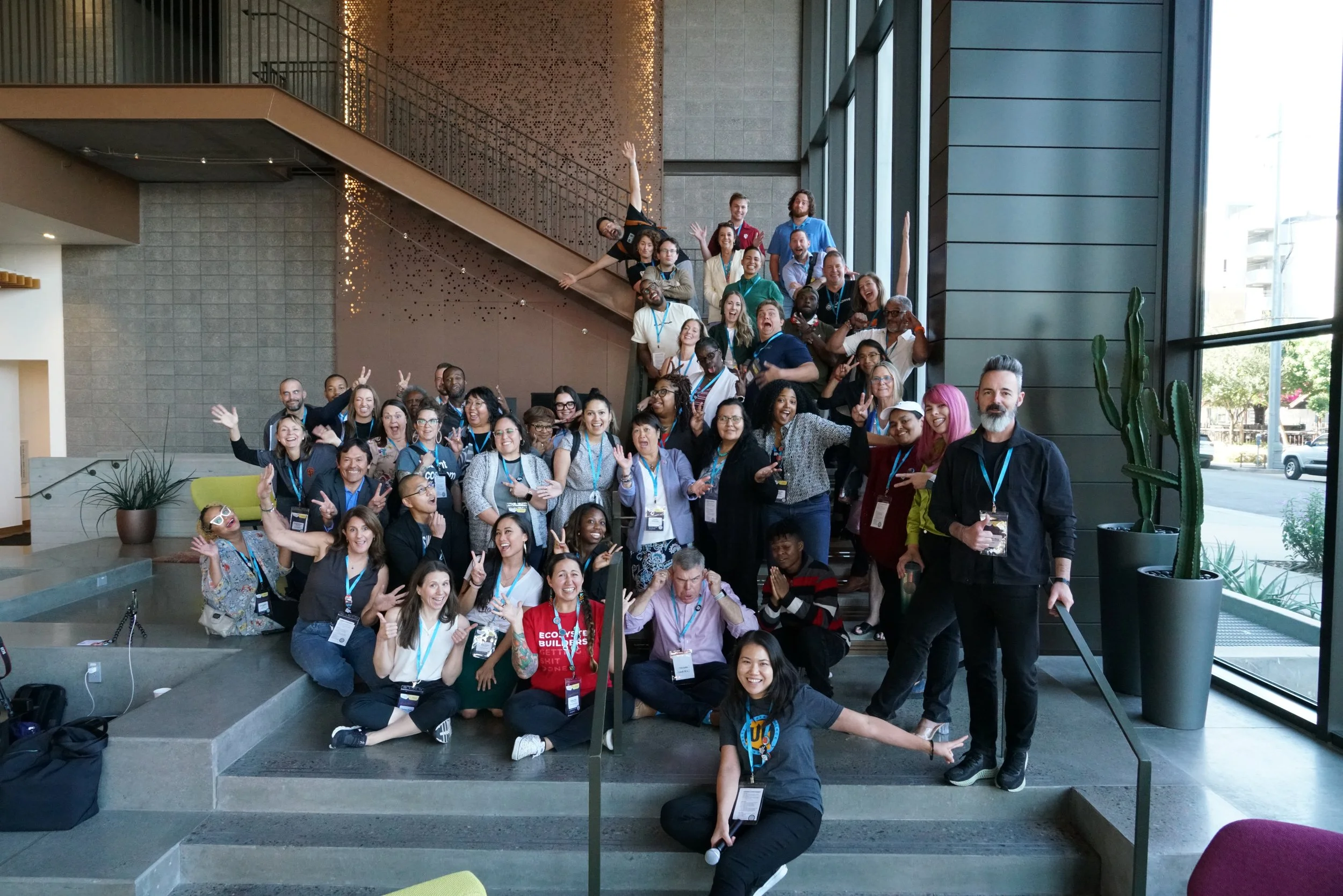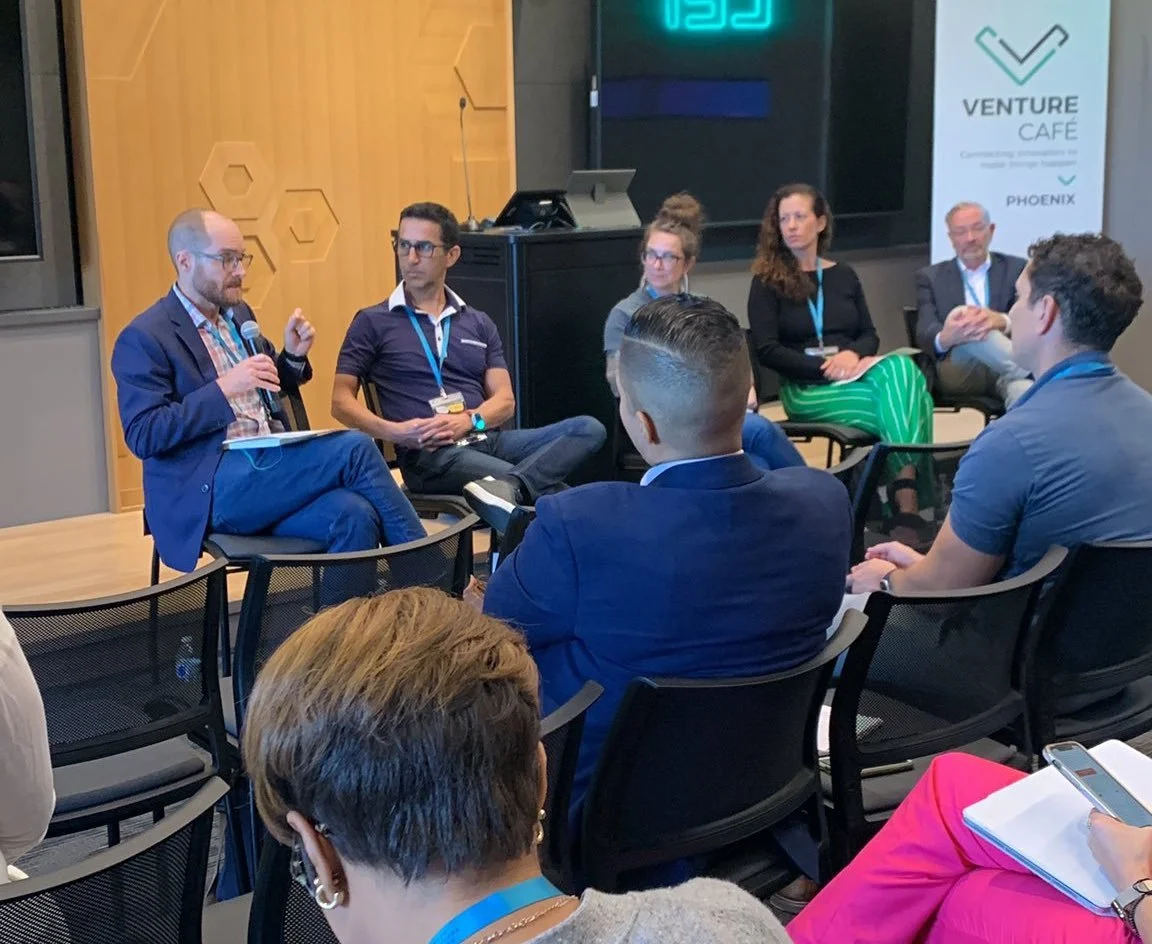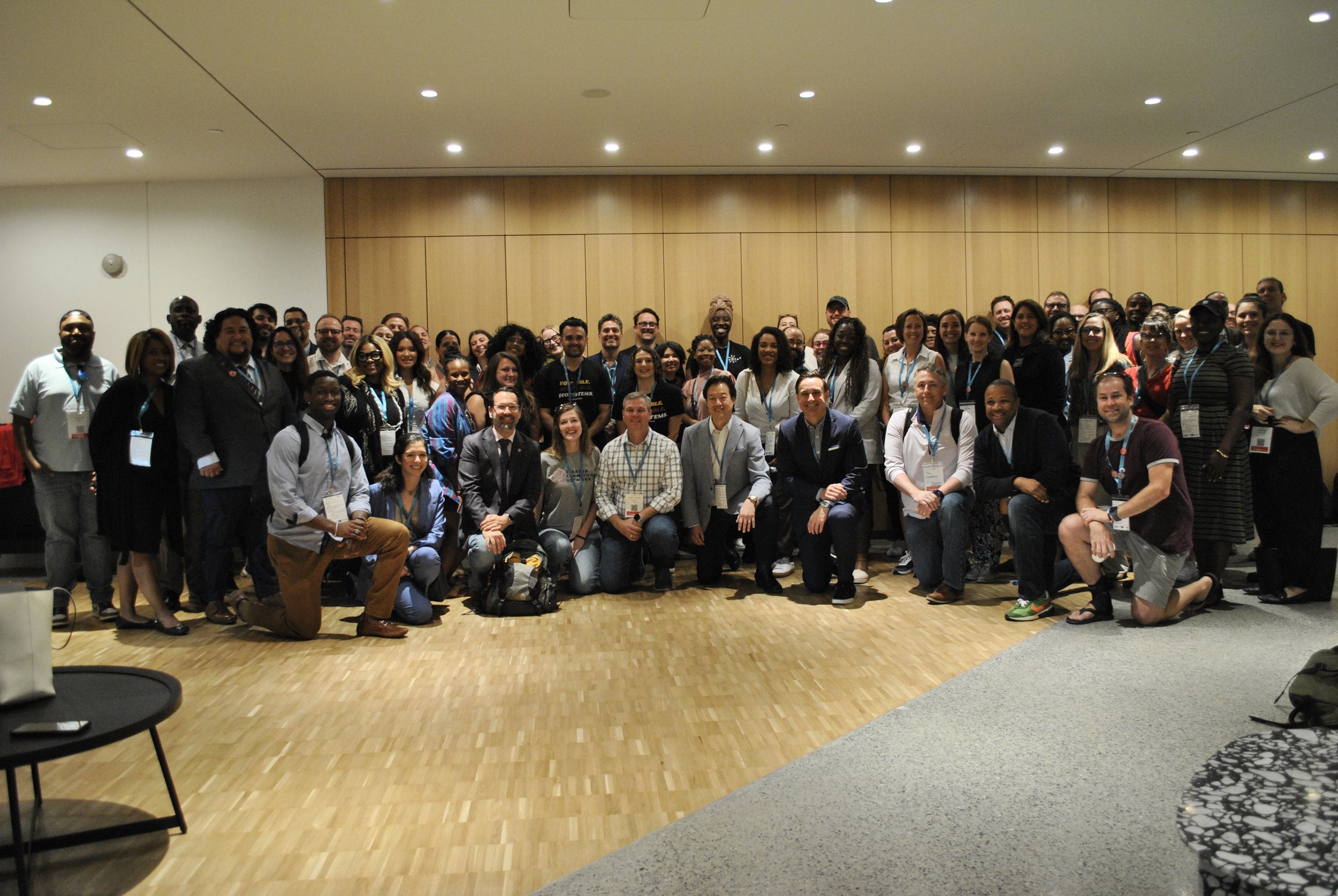The Startup Champions Network (SCN) Policy Committee is proud to share a strong wave of progress in our collective mission to support entrepreneurs at every level of government. From Capitol Hill to local city halls, policy victories are creating a more inclusive, founder-friendly entrepreneurial landscape.
The Bay Area Summit was a special one. 127 ecosystem builders joined us across our 2.5 days together, representing 2 countries (US and Germany), 18 states, and 45 cities.
Alfredo Mathew III, visionary leader and co-founder of ESO Ventures, is on a mission to redefine entrepreneurial ecosystem building. With a deep belief in the power of collaboration, he’s passionate about bringing people together to unlock the transformative potential of entrepreneurial ecosystems. We’re excited that Alfredo and his team at ESO Foundation are the hosts of our Fall 2024 Summit in the Bay Area!
Exciting news! Summit sponsor and longtime supporter Make Startups is offering an awesome new perk for ALL summit attendees!
We sat down to catch up with Debbie Irwin, one of our Shenandoah Valley Summit hosts and also a newly appointed Board Member!
Collaboration, placemaking, mountains, and dancing the night away. A look back at the 2024 Spring Summit in the Shenandoah Valley.
If you’ve been a member - or even an ecosystem builder for a while, you’ve likely crossed paths with Summit Host Anika Horn. Read our latest blog to hear about her work and what she’s been up to in the Shenandoah Valley.
What makes out Spring Summit unique to other Summits? Here more from Co-Host Anika Horn.
Take a brief down of the Shenandoah Valley and the sub- ecosystems we’ll be exploring during the Spring Summit.
As we get closer to the end of the year, we wanted to share a little ecosystem builder gift guide to help highlight some of our members.
Startup Champions Network descended on Phoenix ready to learn and experience the Arizona ecosystem. Hosted by SCN Board member Jenny Poon and her two companies, Co+Hoots and Huub, this Summit brought us lessons in cultural collaboration, creative funding, and having a local first mindset. Here are a few highlights from #SCNPhoenix.
Learn more about the work of Phoenix Summit sponsor, Local First Arizona.
Meet #SCNPhoenix Sponsor, the City of Mesa Office of Economic Development (Mesa OED) and learn more about how they support entrepreneurship.
Meet #SCNPhoenix Sponsor, the City of Phoenix Community & Economic Development Department, and learn more about how they support entrepreneurship.
As we enter into our 10th year as an organization, we’d like to introduce you to the leaders behind the scenes, and extend an invitation to join us as a member of our Board of Directors.
We sat down with a few key members of the Summit Host Team to get a little insider information about the Arizona entrepreneur ecosystem and what to expect as an attendee of the Summit.
Meet Phoenix Summit Sponsor, Cities Work, an initiative at the Institute for Justice.
A quick recap of the first ever Startup Champions Network Policy Summit, with resources and calls to action you can implement right away.
Right to Start works on the federal, state, and local level on policy and advocacy initiatives and has developed quite the grassroots community of ecosystem builders who want to see policy change in support of entrepreneurship. The Right to Start footprint is 28 states and D.C.




















